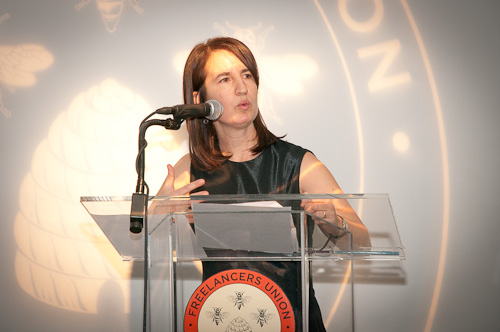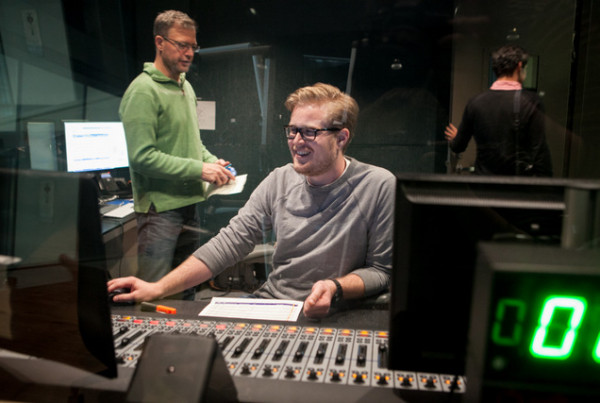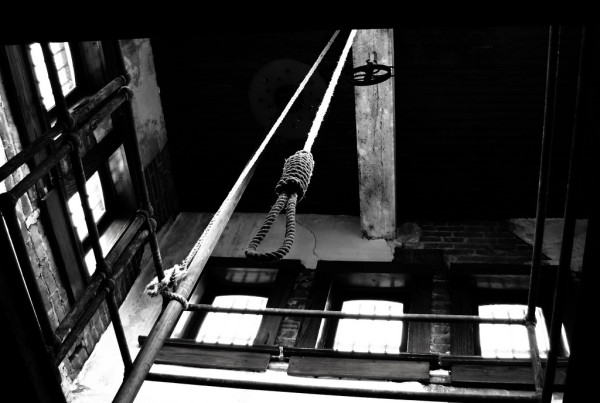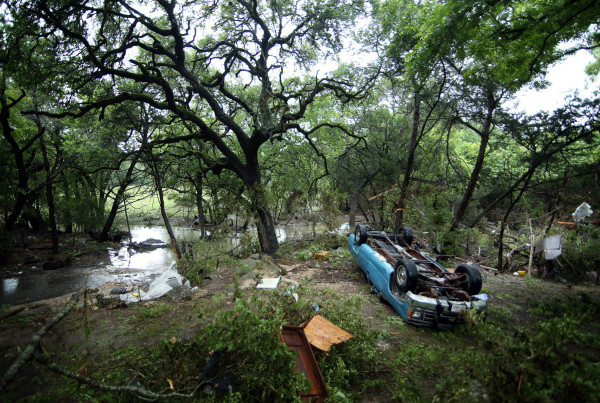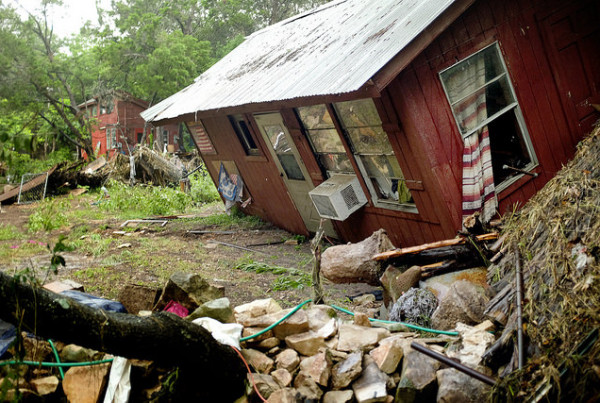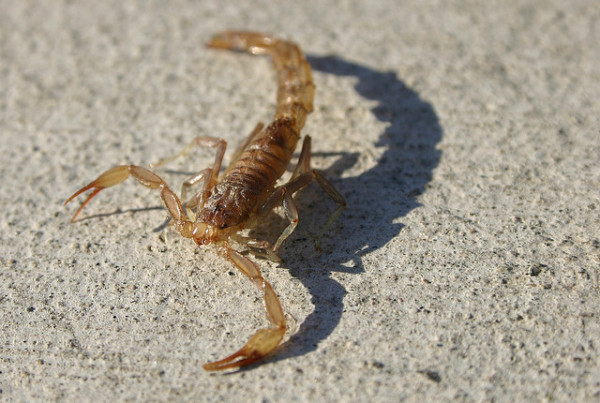In the list of indicted defendants released by the Department of Justice last week, Aaron Davidson is listed as the president of Traffic Sports USA. It’s essentially an international soccer-marketing conglomerate. And they’ve staged some major soccer events in North and South America. Some of Davidson’s business partners already pleaded guilty to racketeering, money laundering and wire fraud back in December – surrendering more than $150 million in the process. But Davidson, an SMU law school grad holds that he’s not guilty to similar charges after being detained last week.
And even FIFA’s president, Sepp Blatter, who was reelected on Friday, wasn’t able to avoid criminal implications. He’s now being investigated. And resigned his post in Zurich Tuesday.
Roger Pielke Jr. is a professor at the University of Colorado, Boulder currently writing a book about sports and society.
“This is a story that’s about more than just soccer. It’s about how we do business together,” Pielke says.
He explains that it’s hard to wrap our heads around what’s happening with FIFA because it’s not really a business in the way that most of us think.
“FIFA is an association incorporated in Switzerland as a non-profit. So, even though it has many characteristics of a big business or an international organization, it doesn’t play by those rules,” he says. “You know it has been in this kind of bubble for a long time and that’s one reason why the alleged corruption is so expansive over such a long period of time because no one could really touch them.”
And it’s that untouchability that many sports fans have been frustrated with for years. Sebastian Giraldo owns his own football-training group. And is getting his PHD at UT Austin in elite soccer development. He says the easiest way for him to think about FIFA’s infrastructure problems is a comparison with how college athletics are governed here in the US – the NCAA.
“FIFA’s exactly the same issue overall. Which is there’s tons of problems overall but the amount of revenue that’s generated through events and everything pretty much causes everybody to be like, ‘OK. There are problems and everything but they can probably wait until we have another event,” Giraldo says. “And that’s just pretty much just kept on happening and happening.”
But that ‘let’s just wait’ mentality might be coming to an end – as public sentiment seems to be turning.
So what does all this mean for those Copa America games you were thinking about checking out in Arlington or Houston next year? Roger Pielke Jr. thinks America’s role as host country is certainly at risk now.
“It’s easy to ignore questions of governance when they happen far away and they’re really separate from what we see on the field,” he says. “But when it does trickle down and affect the hosting of the games or in more serious concerns maybe match fixing and the integrity of the game itself, then even the sports fan who’s least concerned with corruption is going to get their attention piqued by that sort of action.”
It’s unclear what’s next for Aaron Davidson and Traffic Sports USA. Prosecutors have claimed that they essentially have tape of him discussing his knowledge of his company’s wrongdoing. Whether or not Davidson is found guilty of the charges, it’s still unclear if the USA will hang on to the Copa America bid. If it does, the cities that will host games will likely be decided this summer.





